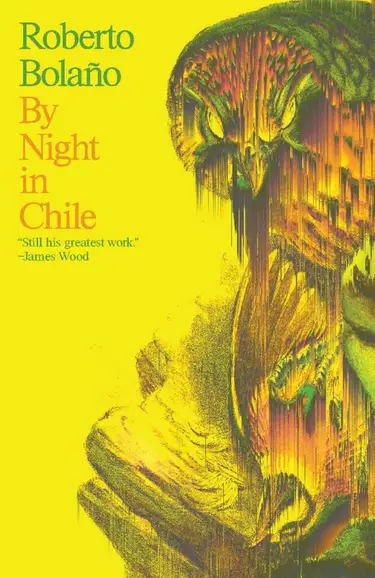By Night in Chile

The novel unfolds as a single, uninterrupted monologue by Father Urrutia, who is on his deathbed. Through his fragmented and feverish recollections, he narrates his journey from being a progressive poet and avant-garde writer to becoming a priest and supporter of the right-wing Pinochet regime in Chile.
Father Urrutia's narrative explores the intersections of literature, politics, and power. He recounts his encounters with prominent figures in the Chilean intellectual and artistic circles. The encounters depict a world of hypocrisy, corruption, and moral compromise. The novel raises questions about the role of art and literature in times of political turmoil. It probes the ethical responsibilities of artists and intellectuals.
By Night in Chile offers a critical examination of Chilean history and the legacy of the Pinochet regime. It explores themes of guilt, complicity, and the erosion of moral values. Through Father Urrutia's introspective and self-reflective monologue, Bolaño highlights the contradictions and moral ambiguities of the human condition.